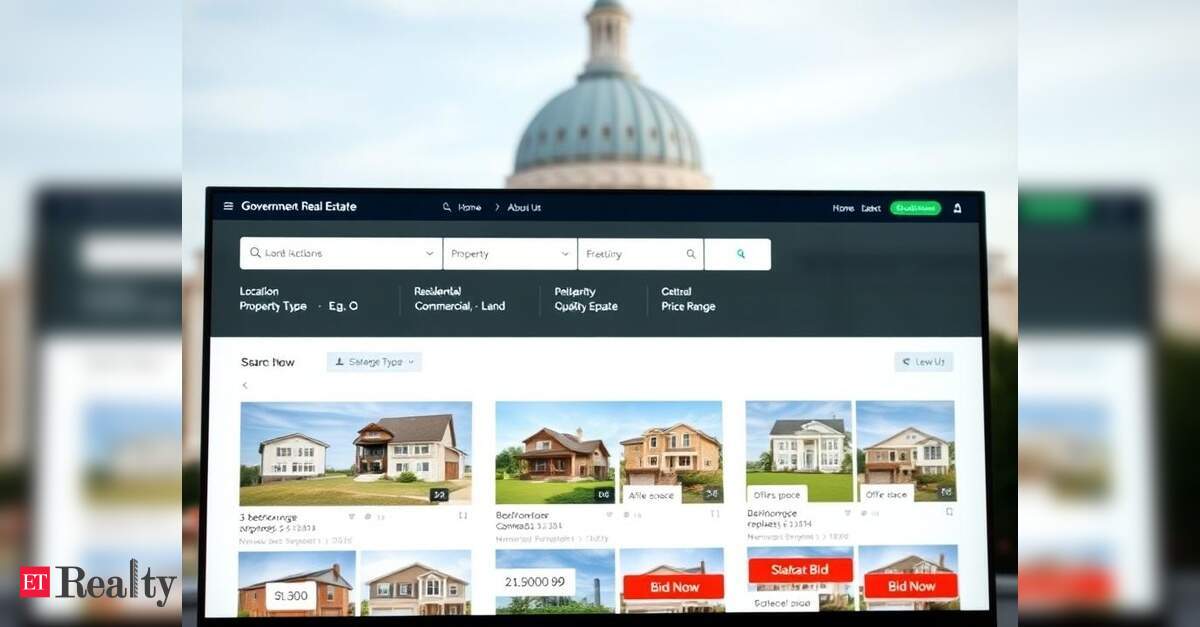
JAIPUR: Chief Minister Bhajan Lal Sharma announced the Rajasthan Township Policy 2024
The newly launched policy aims to build townships that are not just structures but ecosystems that promote green living, inclusivity, and growth. “This policy outlines Rajasthan’s urban future,” Sharma remarked in an official statement.
The policy mandates that all residential townships must include parks, green zones, and public utility spaces, with 7% of land designated for parks and playgrounds and 8% allocated for community services and utilities. Additionally, rainwater harvesting and wastewater recycling systems will be mandatory for all new developments.
A significant aspect of the policy is its Antyodaya vision, focusing on affordable housing for economically weaker and lower-income groups. To enhance workers’ lives, industrial projects will now need to allocate 5% of their land for labor housing, reducing commute times and boosting productivity. To safeguard consumer interests, the policy introduces accountability measures for developers, requiring them to maintain 2.5% of project land as collateral for at least five years, or until it is handed over to a Residents’ Welfare Association (RWA).
The policy encourages vertical development to make the best use of limited land in urban areas, promoting high-rise residential projects and mixed land-use plans. This comprehensive approach will include group housing, plotted schemes, flat systems, commercial hubs, sub-city centers, and community spaces.
To improve urban mobility, the policy facilitates the construction of large sector roads using the Jaipur Development Authority’s model. Land acquisition for these developments will prioritize mutual consent to reduce conflicts. Furthermore, in a strong move towards renewable energy, previous restrictions on establishing solar and wind energy facilities—regardless of road access—have been lifted.




